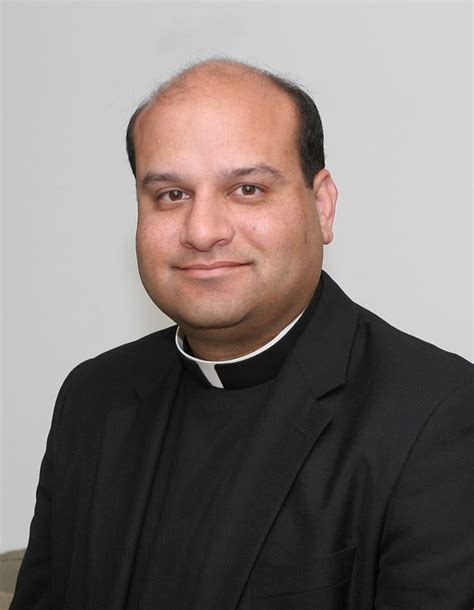A Quote by Elaine Pagels
Jesus Christ rose from the grave.' With this proclamation, the Christian church began. This may be the fundamental element of Christian faith; certainly it is the most radical.
Related Quotes
If Jesus remained dead, how can you explain the reality of the Christian church and its phenomenal growth in the first three centuries of the Christian era? Christ's church covered the Western world by the fourth century. A religious movement built on a lie could not have accomplished that....All the power of Rome and of the religious establishment in Jerusalem was geared to stop the Christian faith. All they had to do was to dig up the grave and to present the corpse. They didn't.
Christian faith is exclusivistic. Christian faith lays claim upon our lives. The sanctity of life, what we do with a life, is very definitive in the Christian faith, what we do with sexuality, what we do with marriage, all of the fundamental questions of life have points of reference for answers, and people just have an aversion for that. That I think is the biggest reason they feel hostile towards the Christian faith.
The essence of Christianity is centered upon the Lord Jesus Christ. The sum and substance of being a Christian is trusting Christ with the entirety of one's being. The height of the Christian life is adoring Christ, the depth of it loving Him, the breadth of it obeying Him, and the length of it following Him. Everything in the Christian life revolves around Jesus Christ. Simply put, Christianity is Christ.
In restating this basic Christian doctrine, Benedict argues that it is not only for Christians alone. Others may not share the Christian faith in God, but the Christian proclamation that hope comes from within the person- in the realm of faith and conscience - is for them too. It offers an important protection against stifling and occasionally brutal social systems built on false hopes that come from outside the person, founded on political idealogies, economic models and social theories.
Contemporary Christian proclamation is faced with the question whether, when it demands faith from men and women, it expects them to acknowledge this mythical world picture from the past. If this is impossible, it has to face the question whether the New Testament proclamation has a truth that is independent of the mythical world picture, in which case it would be the task of theology to demythologize the Christian proclamation.
One can understand nothing of Christ without the mystery of the Trinity, nothing of the Church without faith in the divinity and humanity of Christ, nothing of the sacraments without the bridal mystery between Christian life without Christian faith. Thus, the present sermons revolve around the same center--the inexhaustible mystery of the one indivisible faith.
My family, frankly, they weren't folks who went to church every week. My mother was one of the most spiritual people I knew but she didn't raise me in the church, so I came to my Christian faith later in life and it was because the precepts of Jesus Christ spoke to me in terms of the kind of life that I would want to lead.
I would know any man as a Christian, would rejoice to know any man as a Christian, whom Jesus would recognize as a Christian; and Jesus Christ, I am sure, in these old days recognized His followers even if they came after Him with the blindest sight, with the most imperfect recognition and acknowledgment of what He was and of what He could do.
Radical Christians are not people who wear Christian t-shirts. Radical Christians are those who bear fruit of the Holy Spirit...A little boy, Andrew, a Muslim shot him five times through the stomach and left him on a sidewalk simply because he said, 'I am so afraid, but I can not deny Jesus Christ! Please don't kill me! But I will not deny Him!' He died in a pool of blood, and you talk about being a radical Christian because you wear a t-shirt!








































